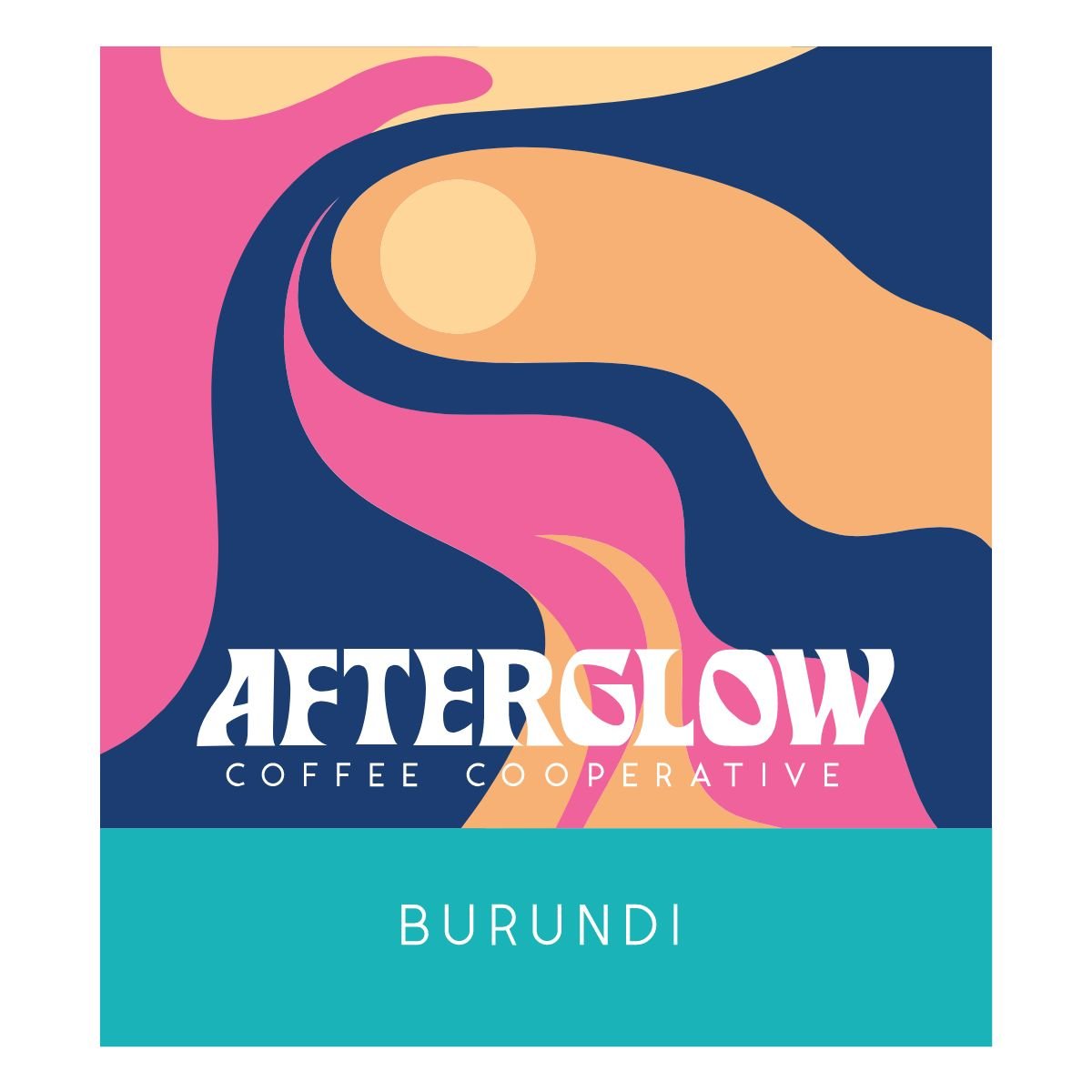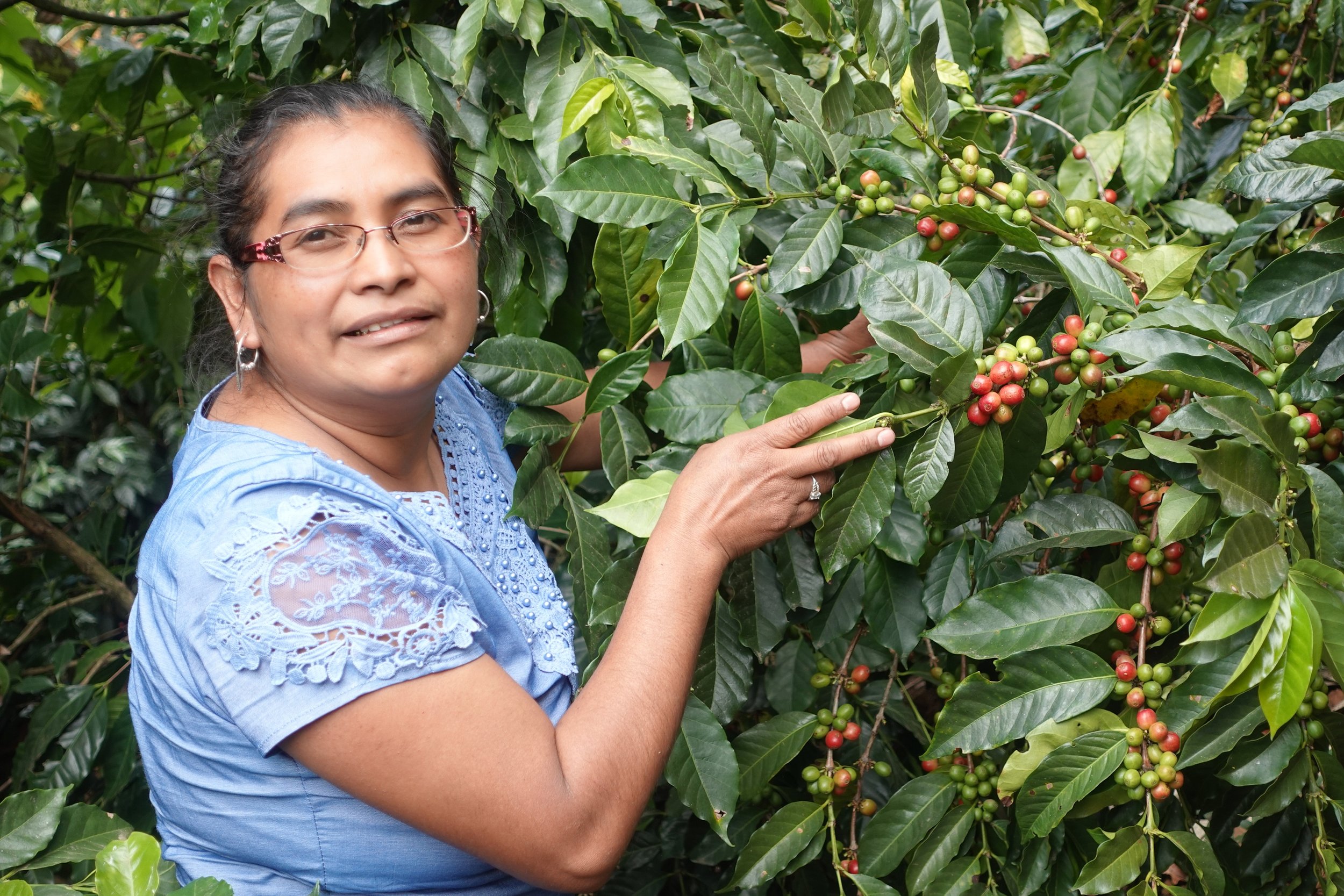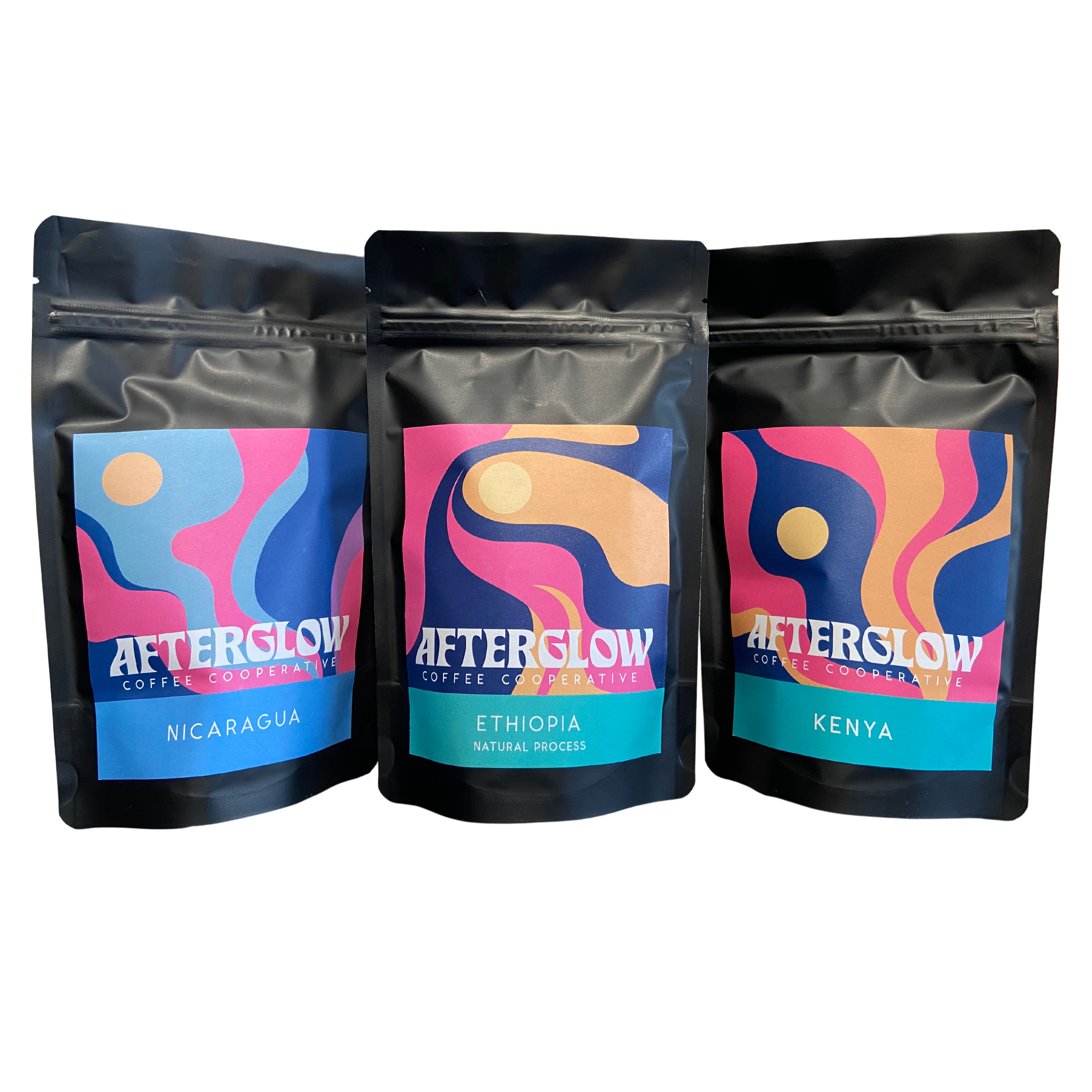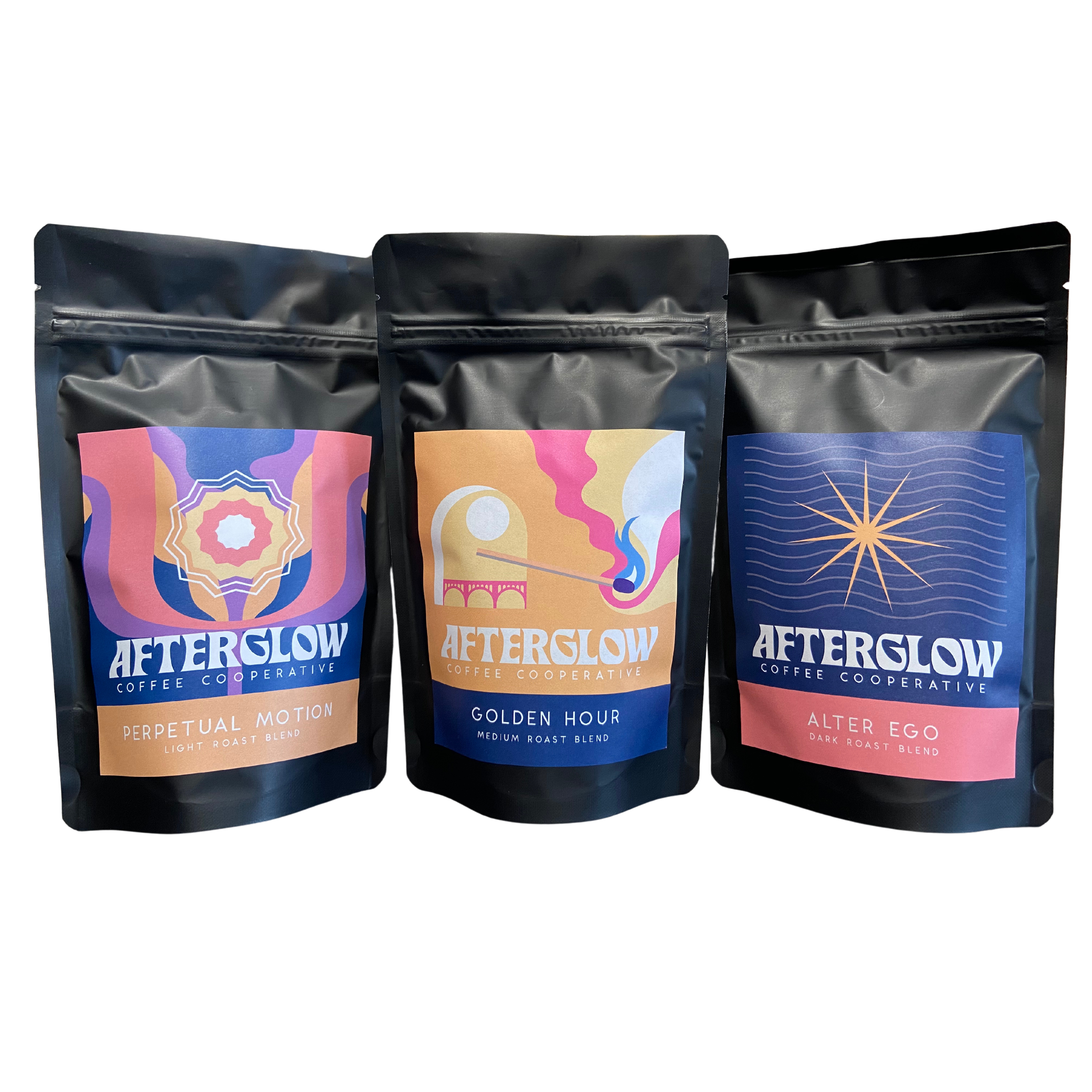 Image 1 of 2
Image 1 of 2

 Image 2 of 2
Image 2 of 2



Kenya Ngarutua Estate
Light and bright washed microlot
Light and bright washed microlot
Light and bright washed microlot
This lot comes to us by way of our importer partners at Atlantic Specialty and is a single estate grown coffee. The farm and washing station sit at 1650masl and grow primarily SL28 variety. This coffee is pulped and dry fermented for 20 hrs, then after a quick intermediate wash the coffee is fermented for a second time for around 20 hrs. After the second fermentation the coffee is fully washed in channels and soaked in clean water for 10hrs. After soaking the coffee is dried on raised beds.
Ngarutua Estate is a family farm run by the Muthathai family and is located on the southeastern slopes of Mt. Kenya within Embu county. The farm was originally established in the 1940’s and was named after its founder Mr. Paul Muthathai Ngarutua. The first coffee trees were planted in 1958 when British colonial law changed to allow native Kenyans to plant up to 100 coffee trees themselves. A few years later in the early 1960's British rule was overthrown and Kenyans were able to take control of their coffee production - Mr. Paul Muthahai Ngaratua began adding to his farm and now there are a total of 7000 SL-28 trees growing on the estate. His wife Dina took over farm management in the 1970s and now management has passed to their son, his wife, and their children.
Kenya has an interesting and complicated coffee history that we feel people should know more about, so we are going to try to give you a very abridged version here! Info sourced from Cafe Imports website and Wikipedia.
Despite sharing a large border with Ethiopia (the birthplace of coffee) to the north, large scale coffee production took nearly another 300 years longer to arrive in Kenya. In fact, the varieties that were brought to Kenya had first traveled from Ethiopia to the Arabian peninsula via Somali merchants in the 15th century, then to Europe and beyond by the 16th century, and finally back to Africa from Yemen and the island of Bourbon (now called Réunion) by missionaries in the 1890s. Commercialization really began in earnest with the establishment of British and other European-owned estates in the early 1900s. These estate-owners, along with the British colonial government, were interested in cornering a huge portion of the hot-beverage market by introducing and capitalizing on the production of coffee in what was already a large tea-producing country. In order to secure dominance in these fields, the colonial authorities prohibited Kenyans from growing coffee of their own, forcing them instead to work as laborers on the plantations. By the 1920s, coffee was a significant export crop, and all coffee produced in the country was sold and controlled by the market in London. The passing of the Coffee Act in 1933 not only returned the marketing and sale of coffee to Kenyans, but also put into motion the establishment of the Nairobi Coffee Exchange, a weekly auction that is still in use today for a majority of the country’s coffee sales.
Kenya overthrew the colonizers in the the 1960s and many small-holding farmers were given parcels of land that had been seized from large colonial and government-owned plantations. By the 2000s approximately 85% of coffee farms in Kenya were owned by natives to the country, though European influence is still evident on larger estates. Today, the majority of Kenyan farmers tend small plots, growing as few as 150 coffee trees. Because smallholders grow so little volume individually, many belong to a Cooperative Society. These societies own and operate the mills/ washing stations and select their own agents to market their coffees at auction or arrange for a private sale in what’s called “second window” sales. If the marketing agent has a relationship with direct buyers, typically an exporter or the importer/roaster partner of an exporter—they can negotiate a sale more directly, by working out a price before the coffee goes to the N.C.E. This is where our importers come in - cupping hundreds, sometimes even thousands, of cups and making decisions about what to purchase. Then we sample a curated selection of these lots and select the one we like best, weighing price, quality, flavor, and looking for a balance in the cup between sweetness and acidity.







